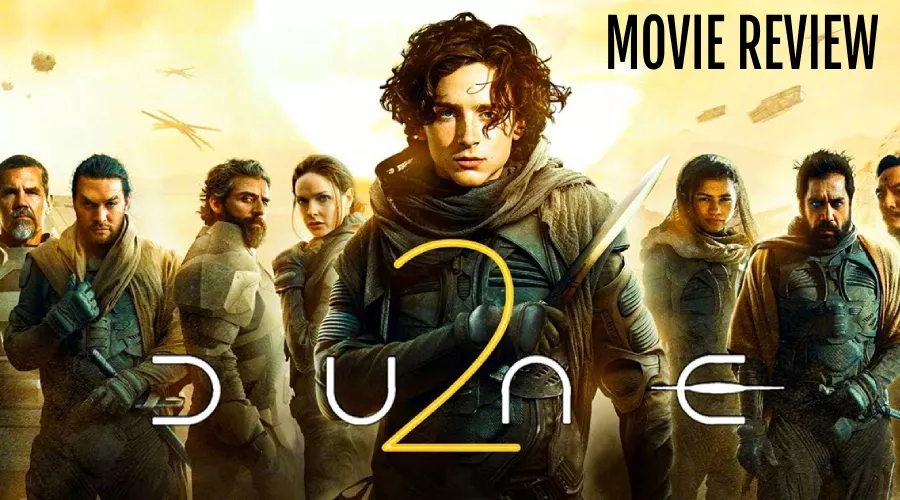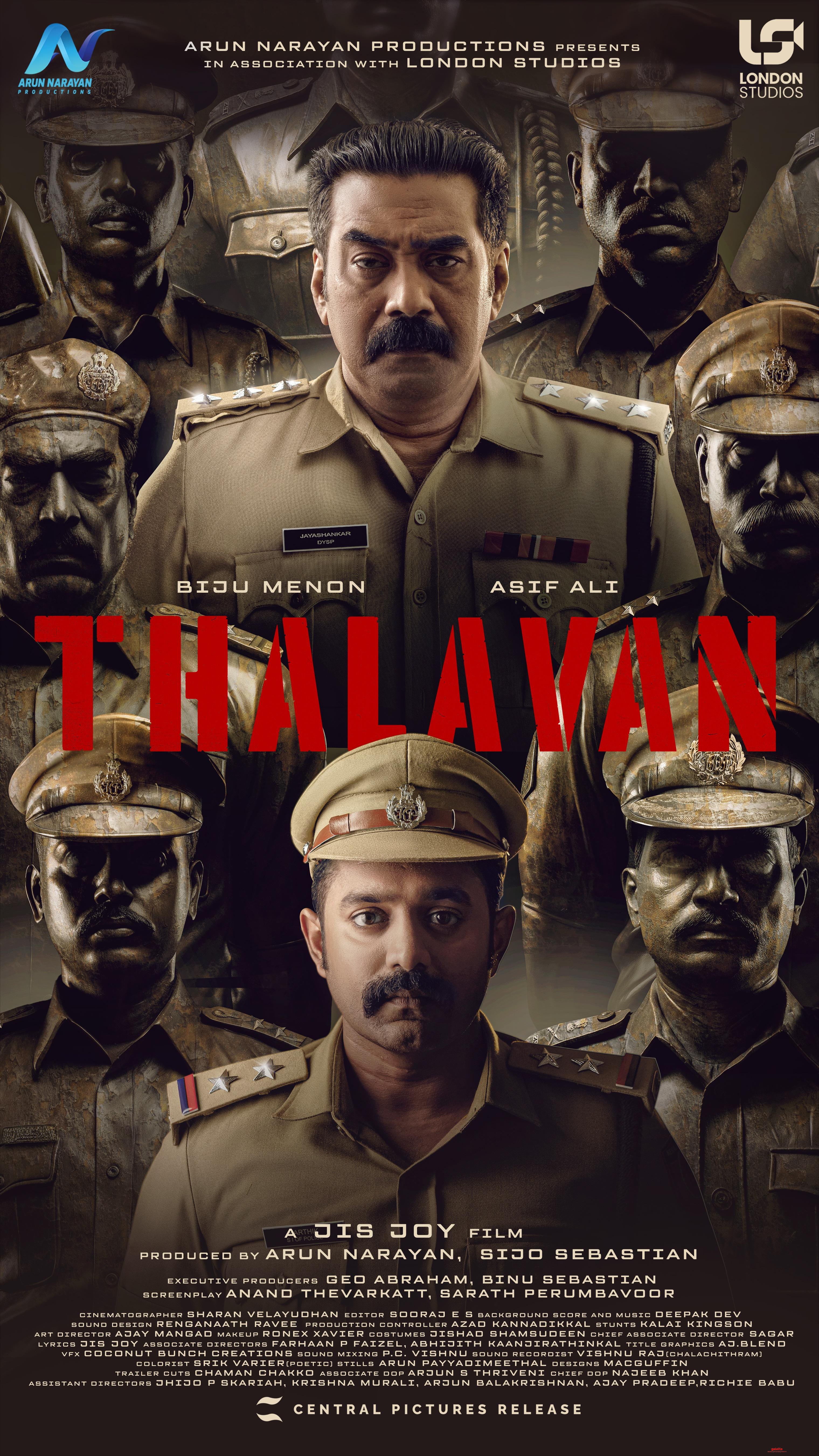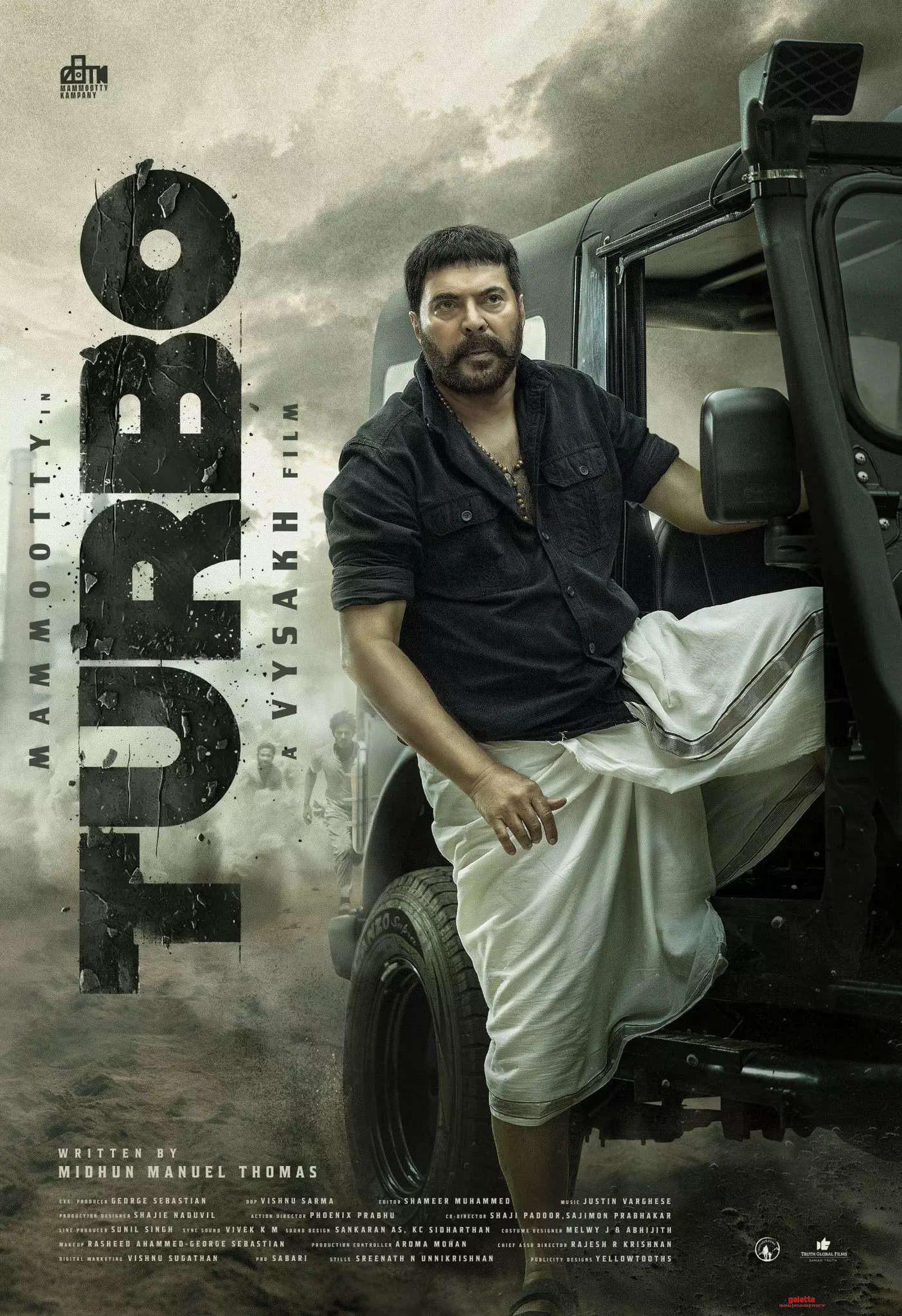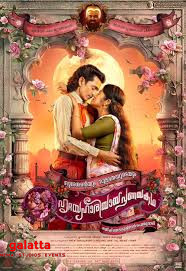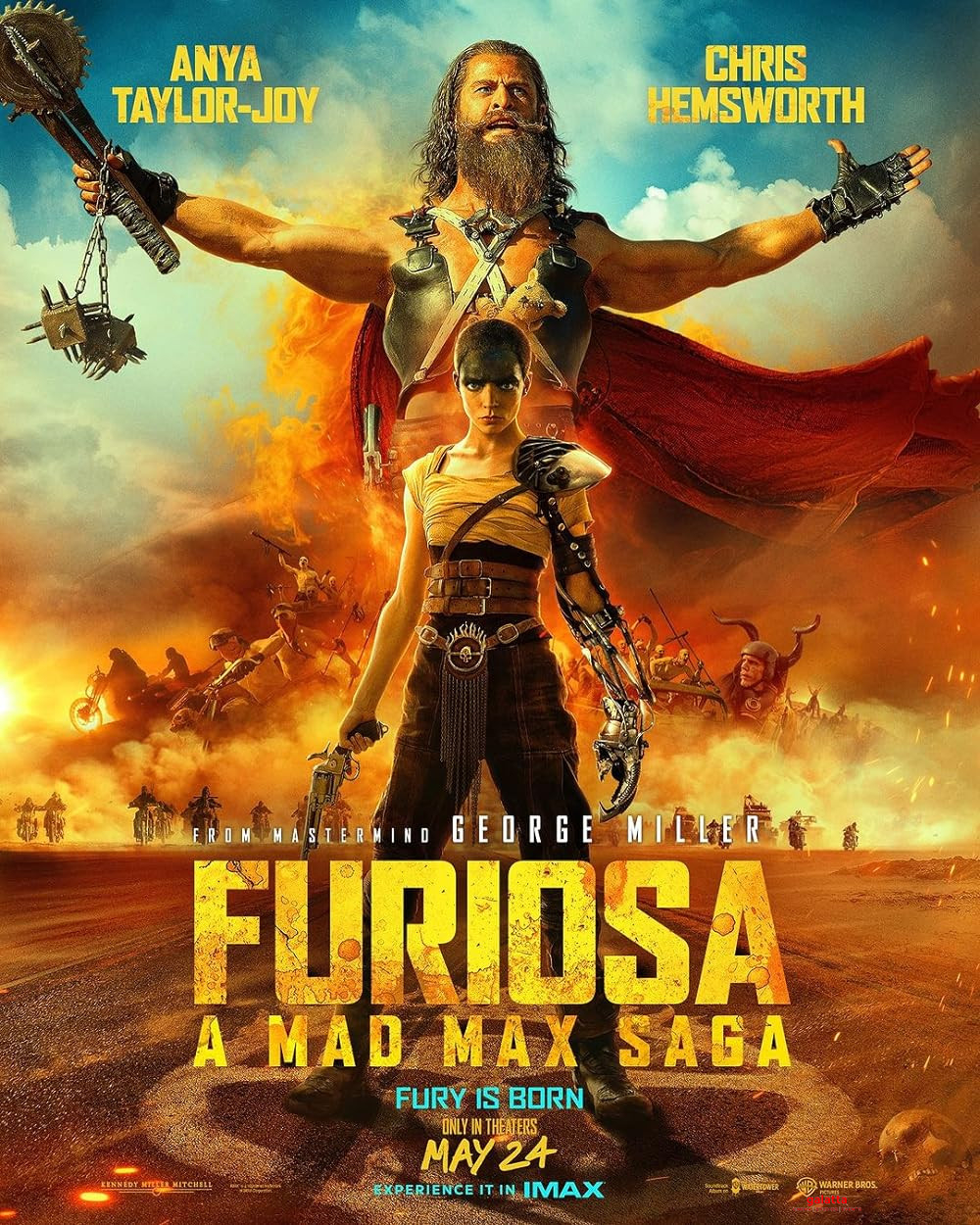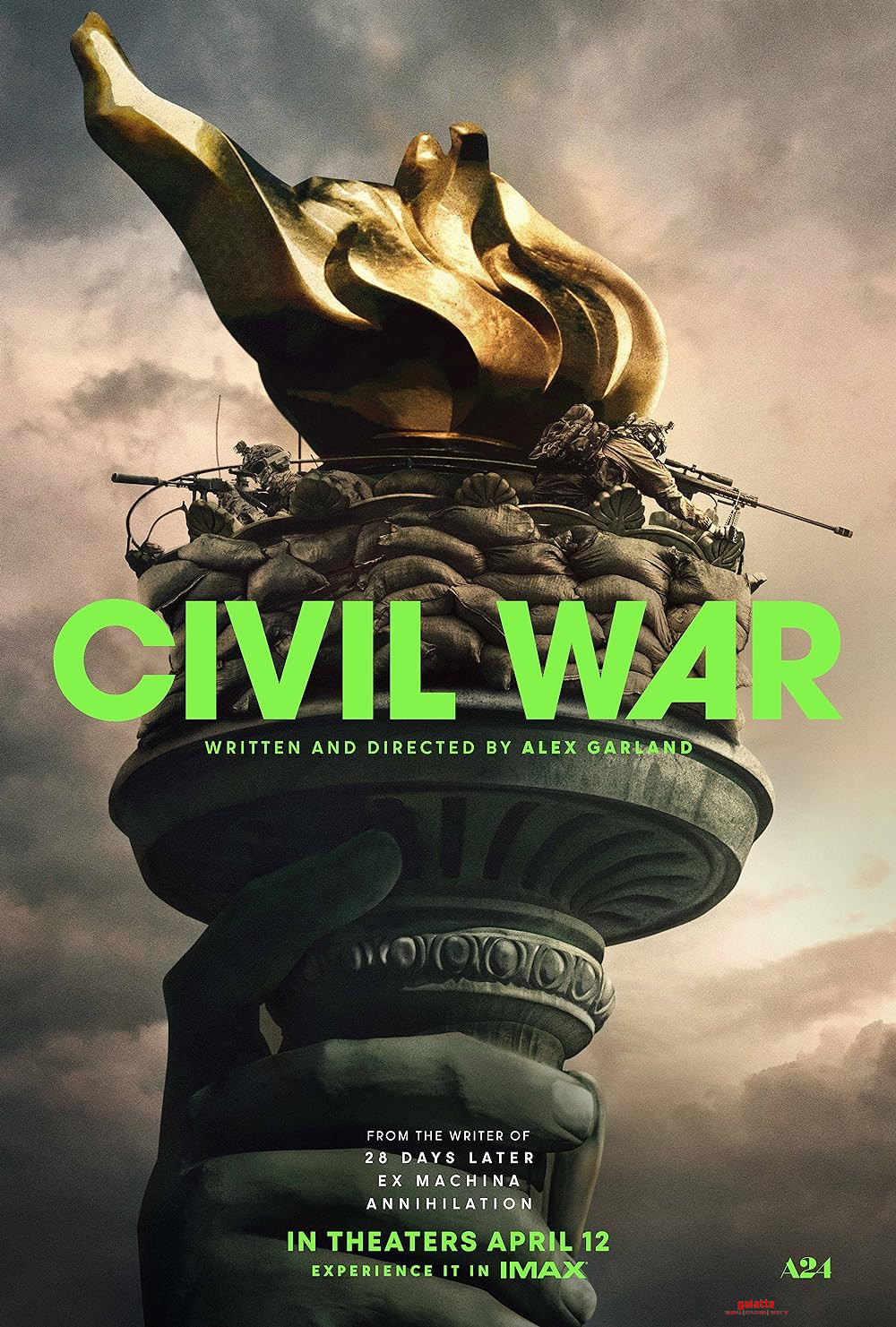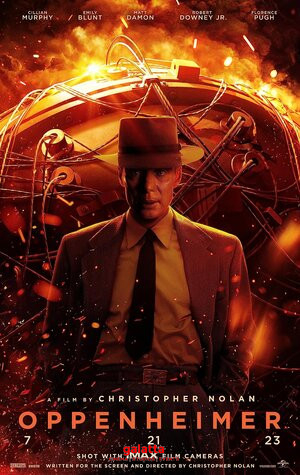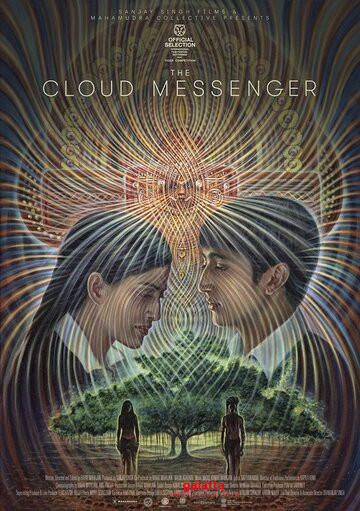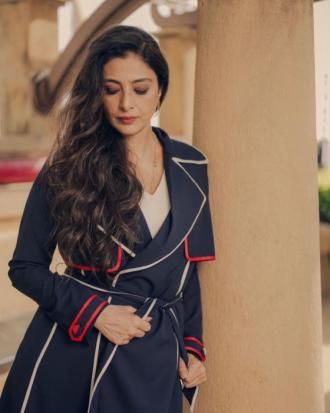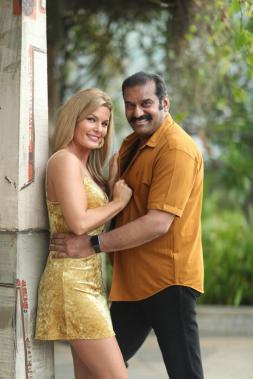Dune 2 Movie Cast & Crew
It's a cause for much joy when a filmmaker known for his penchant for science fiction offers visual callbacks to iconic films in the genre in the opening moments of his latest, Dune: Part Two. Based on the books by Frank Herbert, Part Two, which picks up from Dune: Part One, begins with a voiceover belonging to Florence Pugh that sounds eerily similar to Linda Hamilton's in the Terminator films. The accompanying image of bodies burnt, too, recalls James Cameron's dystopian nightmare. The subsequent image of an embryo is reminiscent of the final image from Stanley Kubrick's 2001: A Space Odyssey. I began thinking of how death and birth (or rebirth) become a recurring theme in Part Two.
Villeneuve alternates these two events inventively at different junctures in this sequel, which boasts more characters and a richer, more majestic scale than its predecessor. There is a supposedly poisonous drink called the 'Water of Life' that 'kills' and rejuvenates (rebirth) at once. Take Timothee Chalamet's Paul Atreides, destined to be the eventual messianic figure known as Kwisatz Haderach or Muad'Dib (among other names). The once-vulnerable young boy undergoes a gradual transformation into an authoritative figure looked at as 'The One' who will lead the good guys to salvation. The same death-rebirth process occurs to his mother, Lady Jessica (Rebecca Ferguson), also evolving into a more chilling, commanding force later. The drink offers enhancement of visions to someone already blessed with the power of foreseeing future events or reading someone's history merely by looking at them.
Film critic Richard Brody recently tweeted, in response to an interview of Villeneuve where he said he "hates dialogue", that the gifted Quebec filmmaker "doesn't know how to film them". While disagreeing with Brody that this doesn't apply to all films of Villeneuve, I must point out that it was a glaring shortcoming of Dune: Part One, in which the characters were whispering their lines most of the time, to a point that got me annoyed and, almost put me to sleep. While Part Two doesn't get saved from banal, lifeless dialogues whenever it pauses between high-octane action, it does a relatively better job of holding our attention because, among its various merits, are Zendaya's emotionally affecting performance and Javier Bardem's successful deadpan comical timing.
Part Two is also, fortunately, much more imaginative at staging a giant spectacle. The design of inanimate objects draws evident comparison to insects. The sequel re-introduces us to a few of the machines from Part One, apart from introducing newer and bigger ones. Suffice it to say that the film is a sci-fi/fantasy fan's dream come true. Villeneuve and the extraordinary imagination of cinematographer Greig Fraser once again reinforce the impression of human beings appearing dwarfed in relation to their internal and external environments. In one scene, assassins drop dead like flies from a cliff. In another, armies gathering for a massive battle resemble ants while a shiny globe-looking spacecraft emanating flames levitates in the distance.
Part Two is Villeneuve channelling his inner Ridley Scott. Like the latter's recent Napoleon, we see Villeneuve delivering, by far, his biggest epic. The brown-grey-black colour palette may get tiresome for some -- you can only do so much in the desert -- but Villeneuve, Fraser, production designer Patrice Vermette and visual effects artist Paul Lambert paint in broad strokes with limited colours. The result is minimalist yet staggering. Take a gladiatorial match which showcases the slithery, ghostly menace of the film's scene-stealing principal villain, Feyd-Rautha Harkonnen, played by Austin Butler. The entire sequence is a black-and-white dream, unlike anything I've seen before, its immensity and grandeur matched by anything in Tron: Legacy or The Tragedy of Macbeth.
I must bring up Terminator and 2001 again because, looking at the Dune films in their entirety, you see Villeneuve trying to merge the sensibilities of the Cameron and the Kubrick films, not always a harmonious combination. Part One, which seemed like an action epic by Terrence Malick, had a soporific quality that worked against it in some places. Such moments are fewer in Part Two. The other strange aspect working against it -- and this is no fault of Villeneuve -- is the strong sense of deja vu it evokes. We saw the story of the 'chosen one' who may or may not get seduced by a dark path, prophecies, or the fear in one's power explored better in other sci-fi/fantasy epics such as The Matrix trilogy or the George Lucas-directed Star Wars. Or what about the outsider trying to be one of a rebel group? (as in Lawrence of Arabia) Or what about the hero trying to tame a giant creature, which later becomes a mode of transport for the characters? (Avatar, which draws heavily from Herbert's novel)
Villeneuve's mammoth challenge involves making us aware of the intricacies and minutiae of Dune's immense world-building and focusing on its characters simultaneously. It's an undertaking that Villeneuve pulls off wonderfully, even if not entirely satisfactory. Some motivations remain unclear; the drastic plot development in a couple of instances might find a better explanation in the books. Part Two ends with a hint at a 'holy war' likely to be explored in Part Three, which I can't wait to see.
